Good Karma: What Do We Mean?
We hear a lot about good karma in popular culture these days. Here. in a video from a teaching given in Brasil, Phakchok Rinpoche explains good karma in a specific way. Meeting and hearing the teachings and having time and interest to practice means that we are very fortunate. And this is not something random. Rinpoche says that our interest and motivation to practice the Dharma is an example of multiple lifetimes of good karma. The interest and motivation depend upon many causes and conditions. Since we performed many small positive actions over many lifetimes, we now have the chance to connect with and experience the Dharma.
A Reason to Rejoice and an Opportunity to Practice
We can joyfully recognize this precious opportunity. Because we are in this situation now, we can take time daily to reflect on our good fortune. We recall this regularly throughout each day. Sometimes, in the beginning, the Dharma we hear doesn’t make sense to us. But when we practice and apply the teachings, then they make sense. So, as we have the good karma to hear and receive the teachings, we also apply them to continue to create conditions for understanding.
Reflection Exercise
Let’s start a good habit!
This week–every session, when you sit down to practice, take a moment to rejoice that you have this precious opportunity. Really make a point of reminding yourself how fortunate you are! If you do this repeatedly for a week, you should notice an increase in joy.
Sitting to practice becomes something you do with great pleasure. And, don’t just think you can only do this before a formal session. During the day, take moments to pause and celebrate your good karma in meeting the Dharma. Smile, and make a little promise to continue remembering this important element.


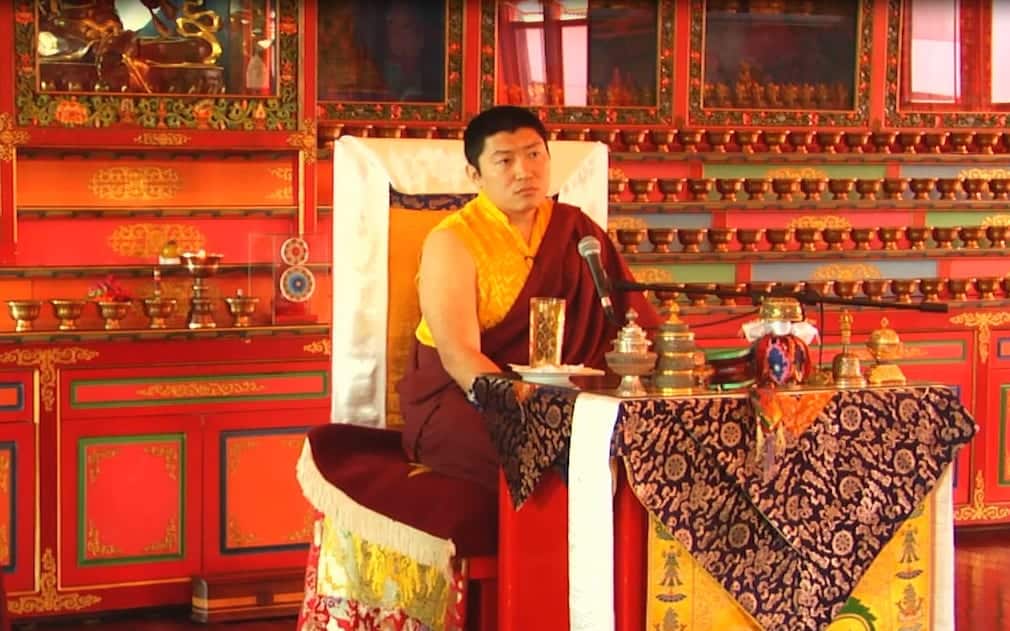

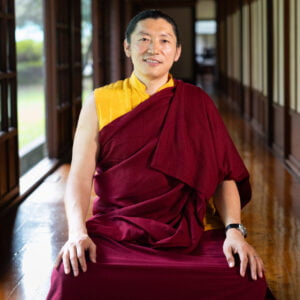
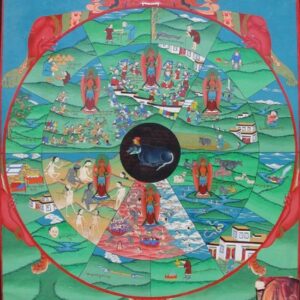
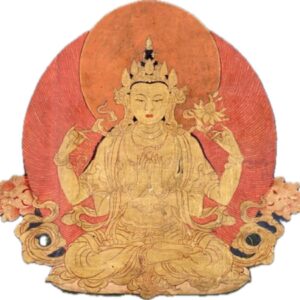
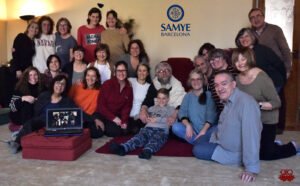
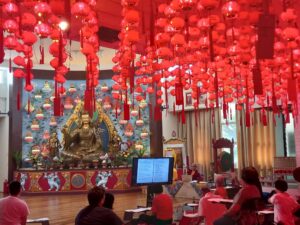

Responses